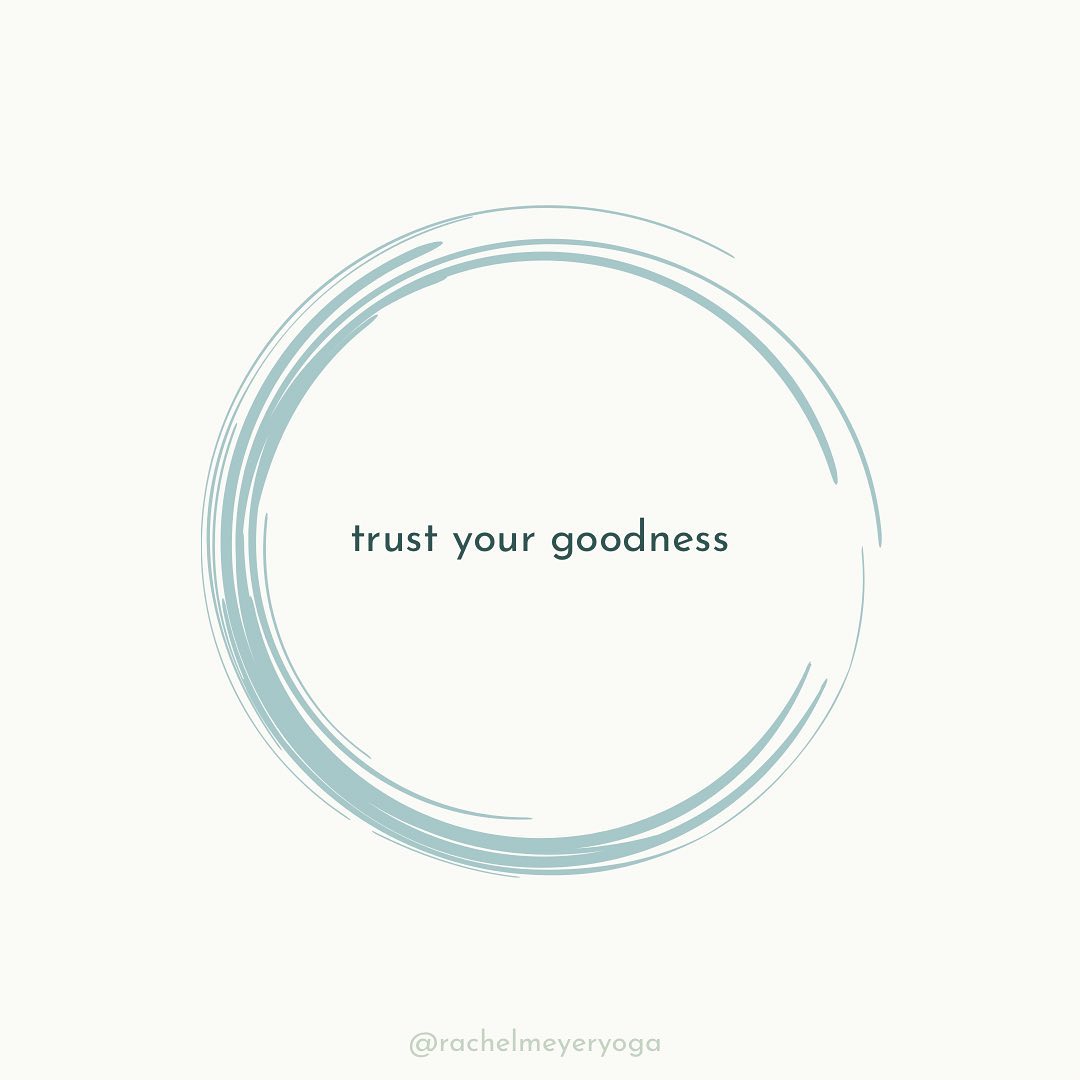The thing that first drew me to Buddhism was its honesty about the fact that sometimes, well, life just sucks. And that’s how it is. For everyone.
It was so refreshing. 
Eighteen years ago today I sat in the front pew with my family for my dad’s funeral. It was a grand and sweeping celebration of life that he had planned out himself, complete with soaring hymns and a sanctuary full of kind, devoted Lutherans who’d been like family to us throughout his years of campus ministry.
To be honest, I don’t remember much of the wake the day before, or the lunch afterward, or any of that week — it’s all a smoky haze of grief.
But I do remember, very clearly, the Christian platitudes that came our way, about how he “was in a better place” and “God had a new angel” and “it was part of God’s plan,” and how they all felt supremely spiritual bypass-y, as well-intentioned as they were.
That spring, I was taking a course in my graduate program on Buddhism in Contemporary America. It became a beacon; a solace.
The Buddhist teaching that “Life is suffering” (aka the First Noble Truth) felt like the only honest thing in that season of grief.
It gave me such quiet comfort to know that even this most unfair of losses — my young father, lost to cancer at age 58; me only 26, witnessing my peers cherish decades with their not-dead parents — was in fact just a part of being alive. A normal, universal aspect of this whole being human and having a body thing.
So that was the shape of my suffering back in May 2005, which, of course, brought me to yoga, and to meditation, and a life devoted to living and sharing these practices.
What’s the shape of yours? It ebbs and flows over time, of course — from loss and death to aging and disappointment, uncertainty and malaise, the job you wanted and didn’t get, the love you found and lost, the child you wanted and never got, or the being you adore whose own suffering breaks your heart.
Suffering is baked-in to the human experience. The sooner we can be real about that, and connect on that level, dropping the bullshit small talk and really diving in together, the sooner we’ll find a flash of peace amidst the shadows.

